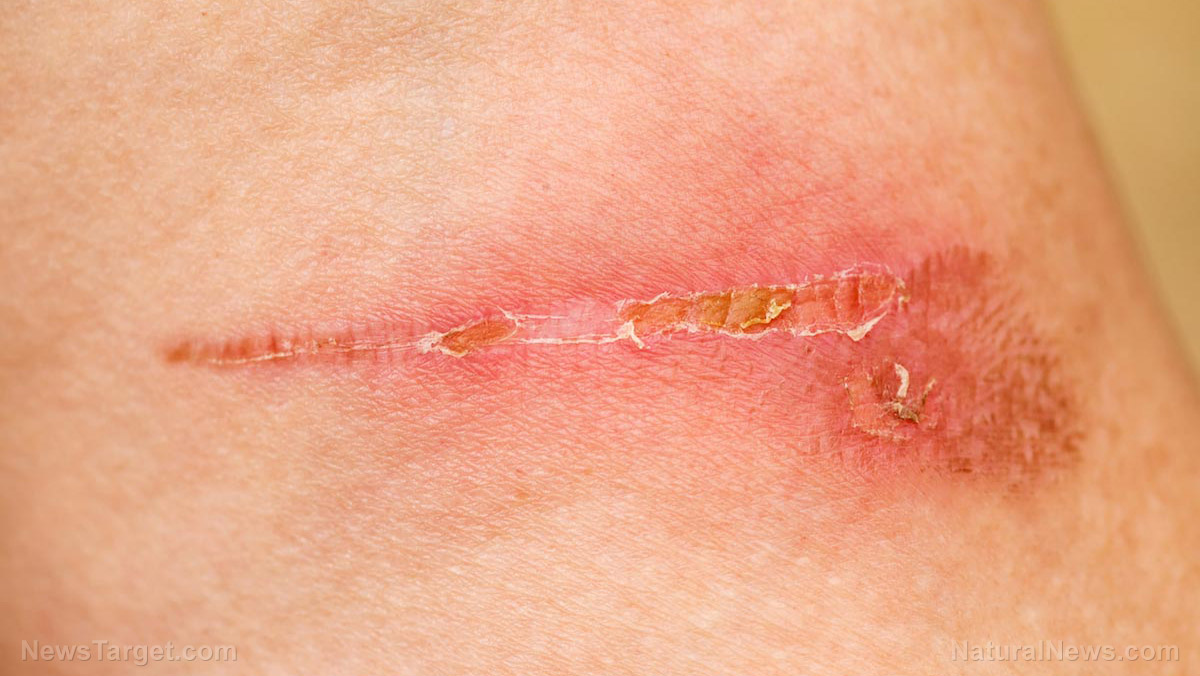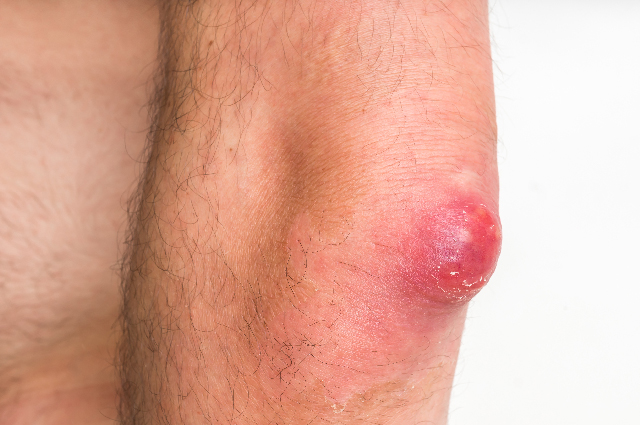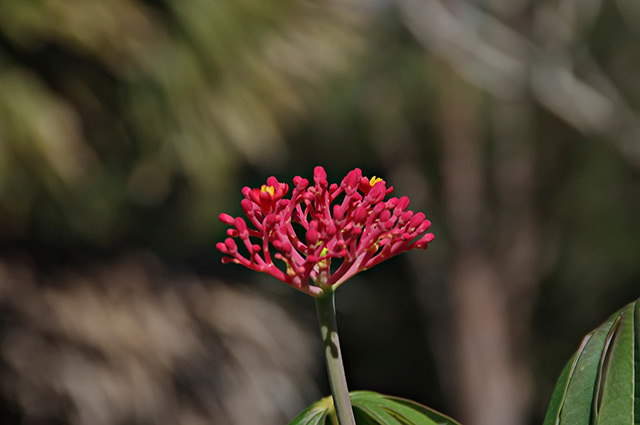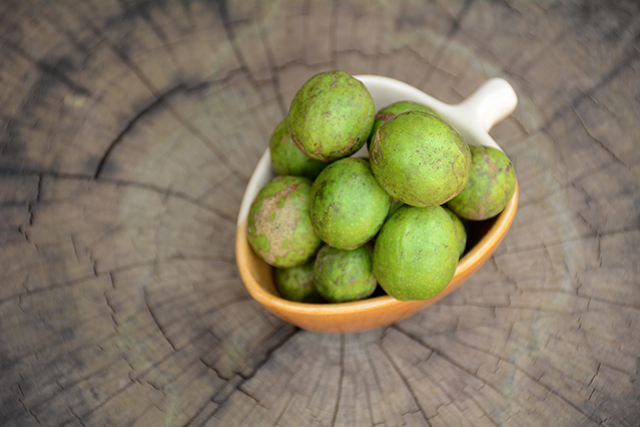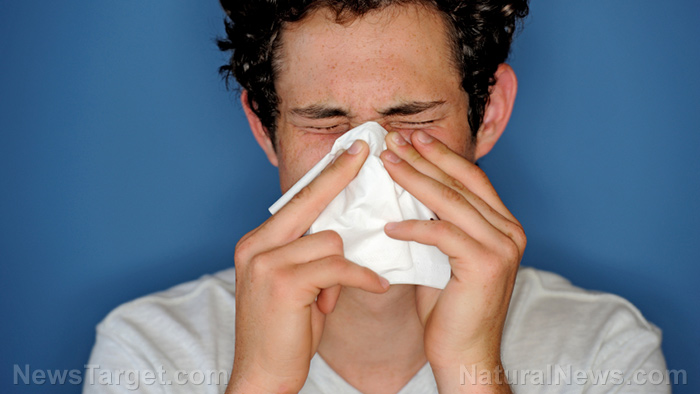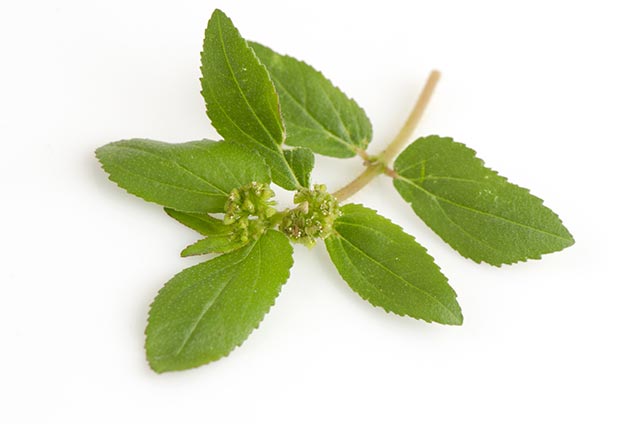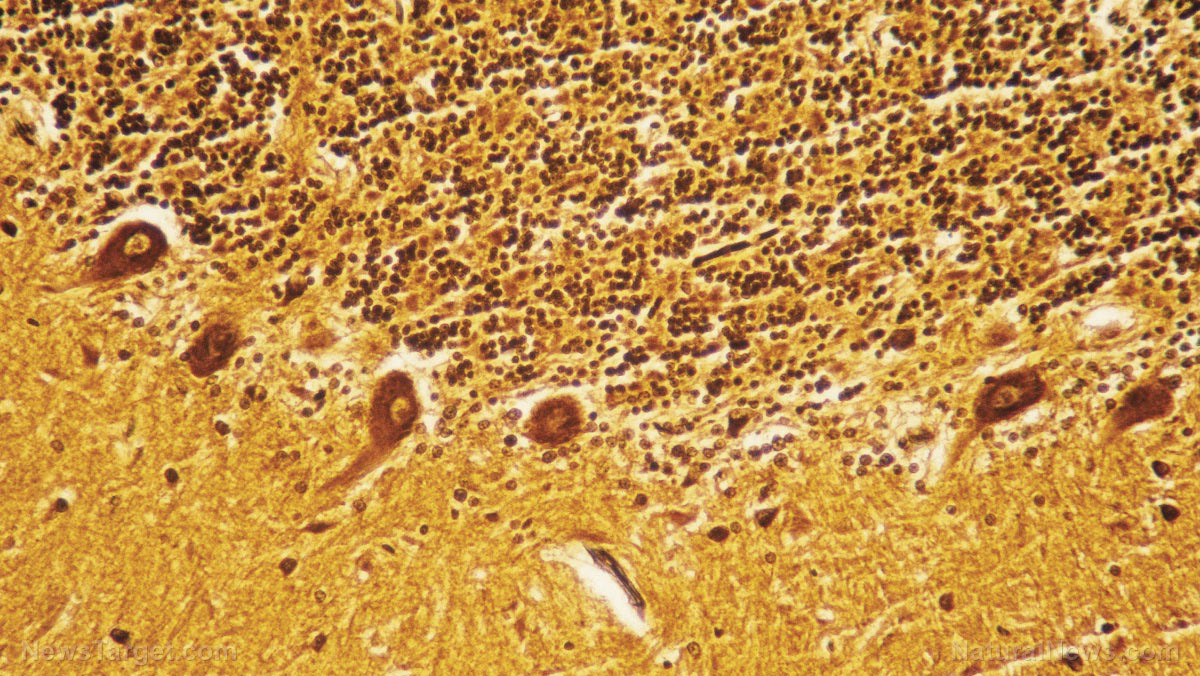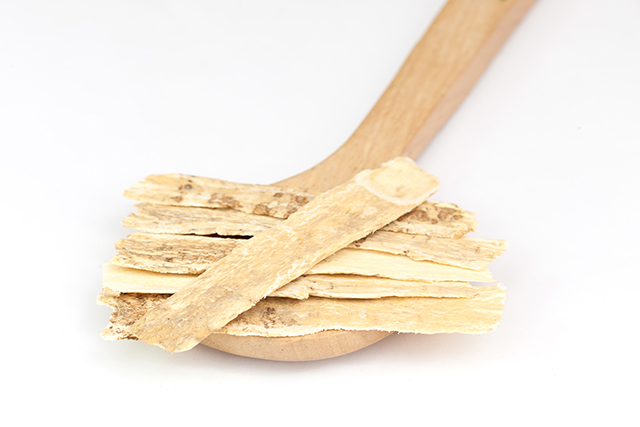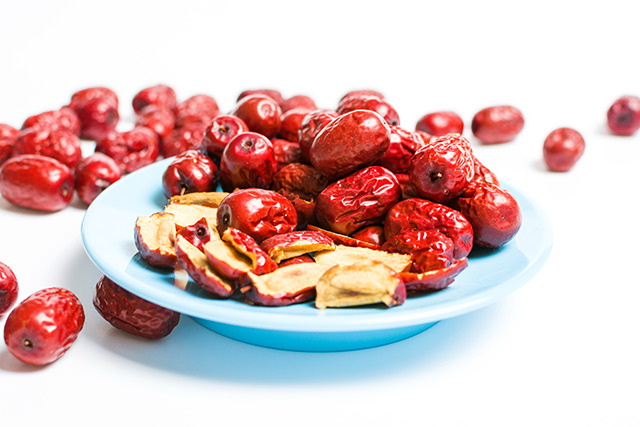Children need to be allowed to play in the dirt to fully develop their immune systems, expert claims
07/19/2017 / By Frances Bloomfield
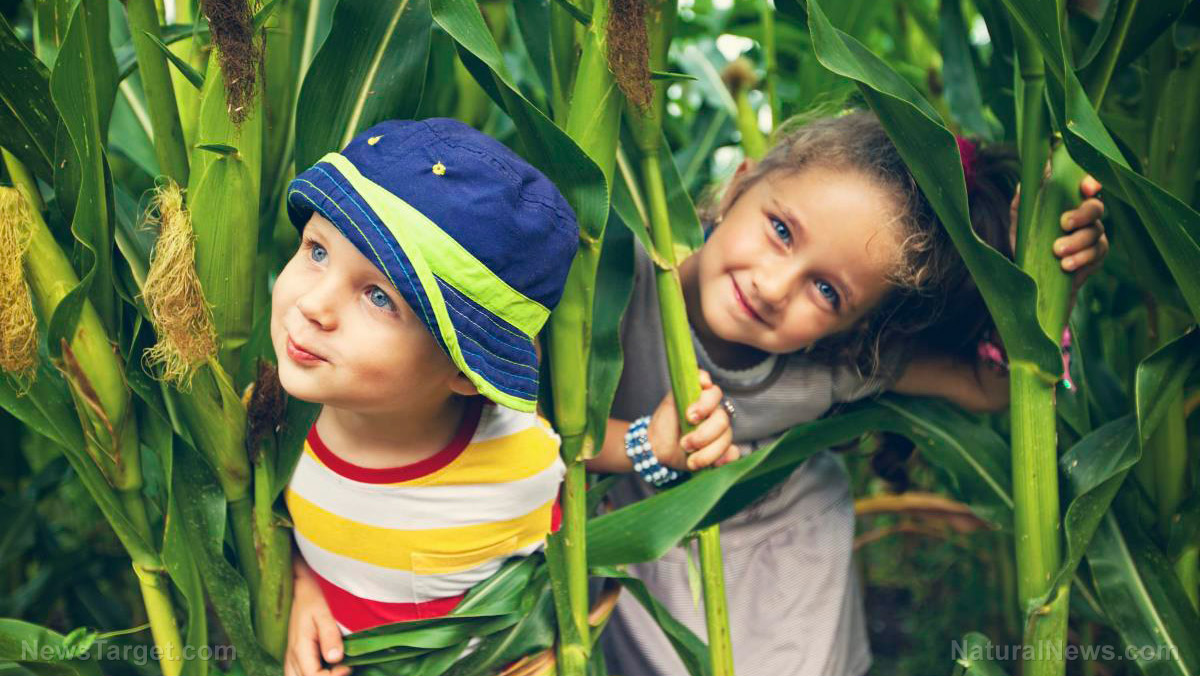
While most parents would do their best to keep their children and their homes as clean as possible, others are happy to let their children get dirty. Jack Gilbert is one such parent. According to Gilbert, encouraging children to play in the mud isn’t just good for them, but absolutely essential.
To the proud parent and germ expert, the belief that it’s absolutely necessary to cloister children in ultra-clean, indoor environments is simply untrue. He has said the same of the notion that animals are riddled with germs and should, therefore, be kept as far away from children as possible. “Most parents think all germs are bad, that is not true,” Gilbert told Independent.co.uk. “Most will just stimulate your immune system and make you stronger.”
Gilbert cited children from the past and children who lived in microbe-rich environments as examples. Compared to the majority of children today, the progeny of our ancestors had more robust immune systems that were strengthened by constant and diverse microbial exposure.
Amish children are contemporary, but nonetheless solid proof of this. Far from modern luxuries and content to live simplistic lifestyles on their families’ farms, Amish children would grow up exposed to livestock, dirt, and other sources of germs that some parents would undoubtedly shudder at. Yet according to a 2016 study by Gilbert and his colleagues, Amish children have significantly lower rates of asthma than the average American youngster. This is all thanks to their environment, which has made their immune systems less sensitive to simple allergens. (Related: Asthma and allergies are less common among Amish children because of exposure to animal microbes, scientists say)
Gilbert elaborated: “Sterilizing your home like a hospital could lead your child to have a severely hyper-sensitized immune system, leaving them open to allergies and asthma, even neurodevelopmental problems.”
As such, Gilbert has encouraged parents to let their children have fun in the mud. He has also recommended that parents feed their children fermented foods that are abundant in helpful bacteria. The bacteria that live in foods such as tempeh, natto, pickles, and miso protects the intestines against the pathogens that cause salmonella, hence they would be excellent additions to the diets of children. Moreover, consuming fermented foods would allow children greater and more frequent exposure to beneficial animals, dirt, and plants.
Indeed, when it comes to germs and exposure, the cooking and handling of raw meat should be one of the only true concerns for parents. Raw meat is loaded with disease-carrying pathogens and thus should be handled with the utmost care. “But in a home where no one is presently sick there is virtually no risk to children’s health,” noted Gilbert.
The other concern is hand sanitizer, which Gilbert claimed is more harmful to a child’s health than soapy water.
These aside, even feces is “generally harmless” thanks to most modern homes being frequently sanitized. In fact, these homes tend to be so clean that picking up and eating food dropped on the floors should be no cause for alarm. Barring any areas that are filled with dangerous pathogens, the chances of children falling ill because of their homes have been described as “virtually impossible” by Gilbert.
As he puts it, parents should let children: “Rescue a dog, eat food off the floor, play in the soil, dirt is good!”
Visit Natural.news to read up on more stories that are in the same vein as this one.
Sources include:
Tagged Under: allergies, asthma, children's health, dirt, dirt exposure, germs, immune system, immunity, pediatric health, probiotics




